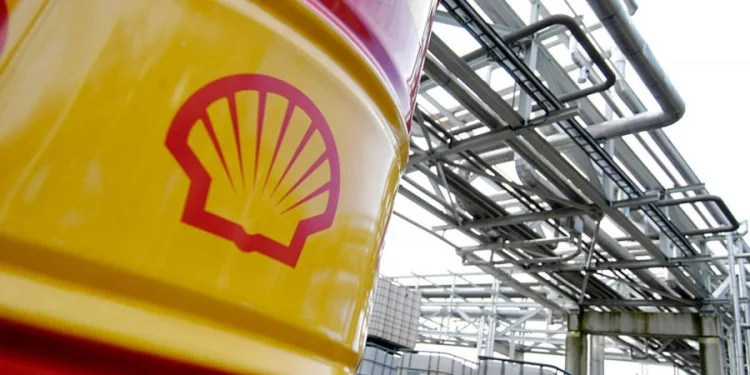General Electric (GE) and Shell have entered into an agreement to develop potential lower-carbon solutions to reduce the carbon intensity of Shell’s Liquified Natural Gas (LNG) supply projects worldwide.
Under this agreement, GE will accelerate development for the use of 100 per cent hydrogen as a low-carbon fuel for gas turbines, and the focus will be on hydrogen solutions for B&E class gas turbines used in LNG and power generation applications.
The agreement will allow them to pursue potential pathways aimed at reducing the carbon intensity of Shell’s LNG supply projects around the world.
With global LNG demand projected to almost double by 2040, decarbonisation is crucial in helping the company meet the world’s growing energy needs.
The largest source of emissions in an LNG facility stems from firing natural gas in the power generation and mechanical drive gas turbines. Therefore, one of the possible paths to decarbonise LNG production is to use hydrogen as a low-carbon fuel in these engines.
However, the source and nature of this fuel matter as well, and Shell’s Blue Hydrogen Process is a leading technology that can deliver the lowest carbon intensity fuel of its kind, with technologies and building blocks tested and commercially proven at a large scale, that has been used in various industries for many decades.
Speaking on this, vice president, Engineering at GE Gas Power, Mr John Intile, said: “having worked on hydrogen combustion technologies for many years, we are conscious that progress in this area will be the result of careful, dedicated research and collaboration by industry leaders and today’s announcement is a model of this approach.
“We look forward to working in cooperation with Shell to advance this crucial body of work. Together, we’re confident our combined strengths of Shell, GE, and Baker Hughes, who is the exclusive distributor of certain heavy-duty gas turbines and services in the oil & gas segment, can accelerate the deployment of pragmatic and impactful solutions towards high-hydrogen capabilities in these gas turbines fleets resulting in a significant reduction of carbon emissions and water utilization globally.”
The deep decarbonisation of LNG export facilities presents both technical and economic challenges, which need to be addressed to realise such ambition.
To this end, VP of Gas Processing and Conversion Technology at Shell, Mr Alexander Boekhorst, said: “becoming a net-zero emissions energy business means we need to explore a range of avenues that have the potential to help us, our partners and customers reduce emissions.
“We have continued to innovate and improve the value proposition of LNG using technology, and we look forward to collaborating with GE on this important initiative.”



